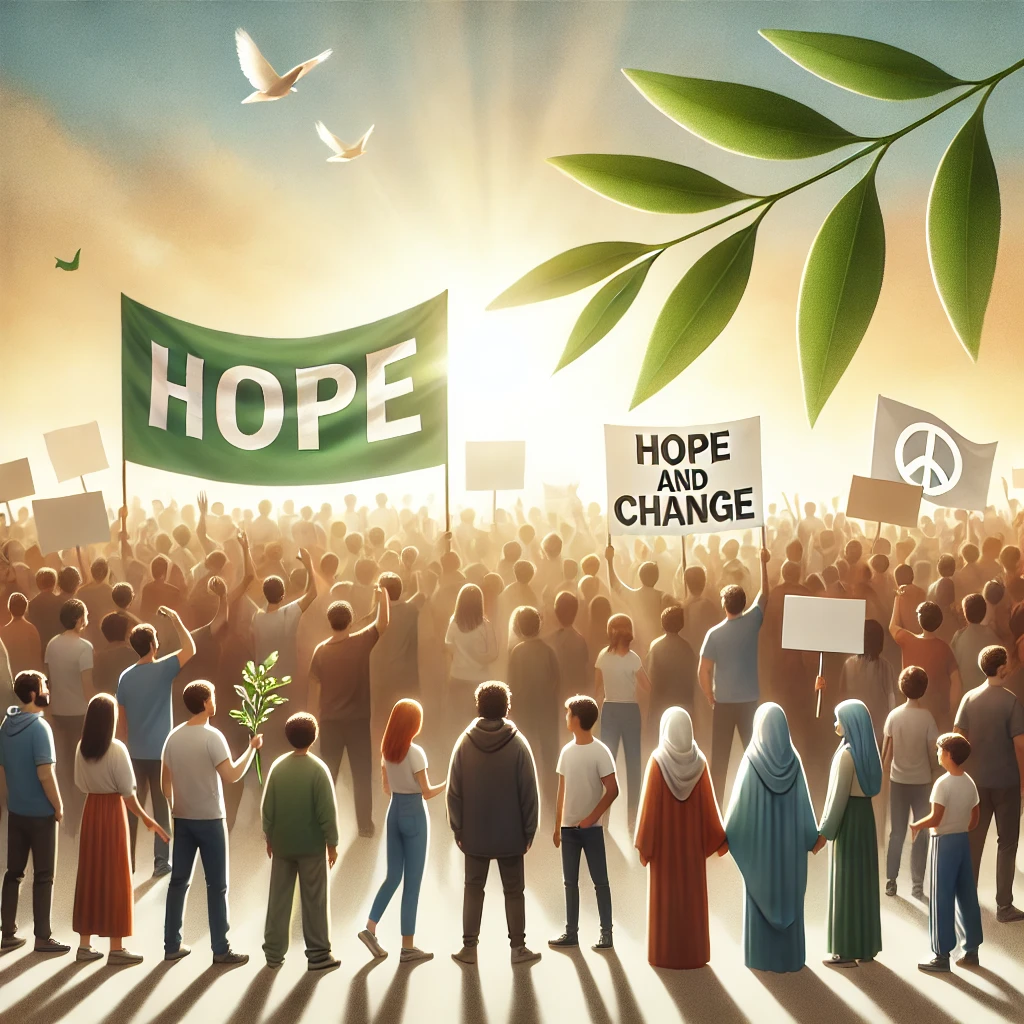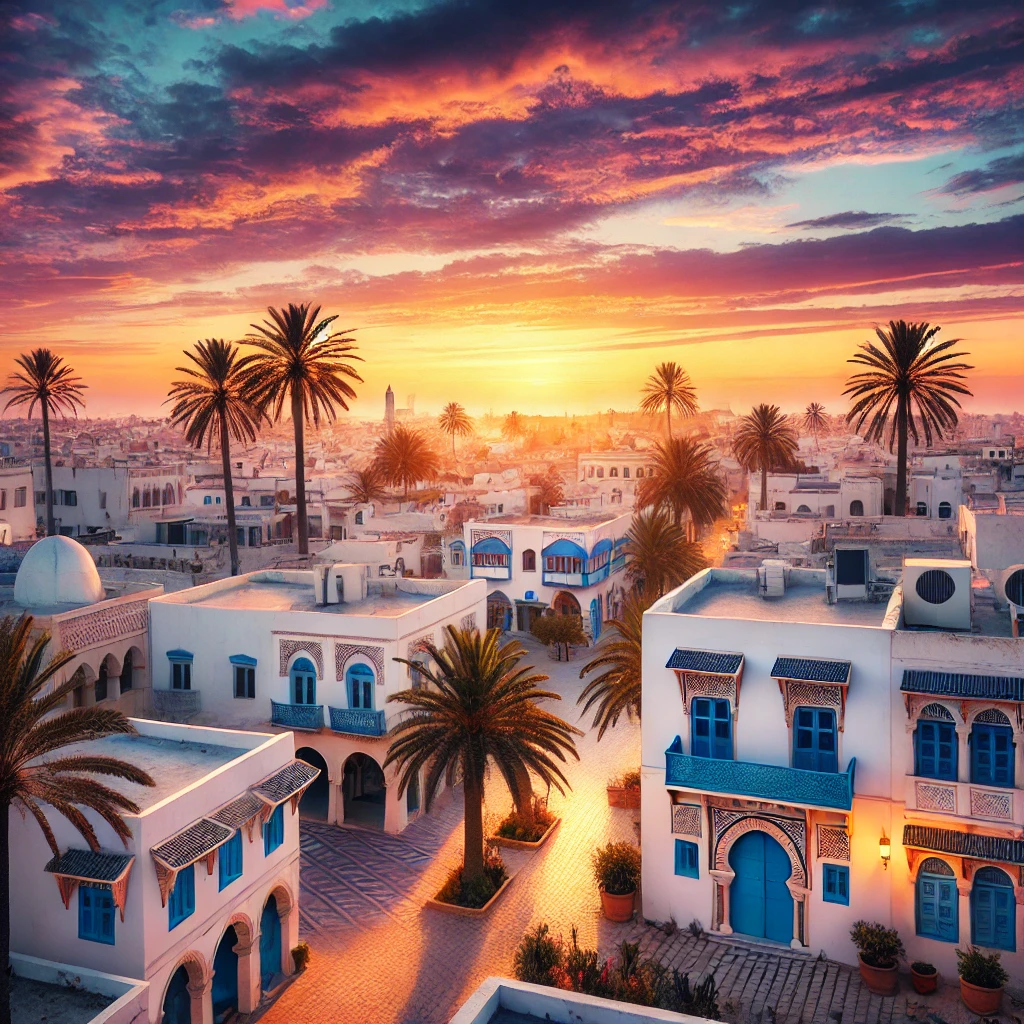On December 17th, 2010, a momentous event in global history unfolded in the small town of Sidi Bouzid, Tunisia. Mohamed Bouazizi, a 26-year-old street vendor, set himself on fire in protest against government corruption and police brutality. This desperate act of self-immolation ignited a wave of pro-democracy uprisings that swept across the Arab world, collectively known as the Arab Spring. The movement, characterized by mass protests, political unrest, and demands for freedom, brought seismic changes to the region and reverberates in global political discourse today.

The Spark That Ignited a Movement
The tragic story of Mohamed Bouazizi encapsulated the frustrations of millions of Tunisians and citizens across the Arab world. Bouazizi’s livelihood was destroyed when municipal officials confiscated his cart, and he faced humiliation and injustice from local authorities. Unable to find recourse in an oppressive system, his act of self-immolation became a powerful symbol of resistance against tyranny and despair.
News of Bouazizi’s death spread rapidly, facilitated by social media platforms and satellite television. Within weeks, protests erupted in Tunisia, demanding the resignation of President Zine El Abidine Ben Ali, whose regime had ruled the country for 23 years with an iron grip. By January 14th, 2011, Ben Ali fled Tunisia, marking the first successful ousting of a dictator during the Arab Spring.
A Wave of Revolution Across the Arab World

The Tunisian revolution inspired similar uprisings in countries such as Egypt, Libya, Syria, Yemen, and Bahrain. Protesters demanded democratic reforms, economic opportunities, and an end to corruption and human rights abuses. In Egypt, mass demonstrations in Cairo’s Tahrir Square led to the resignation of President Hosni Mubarak after 30 years in power. In Libya, Muammar Gaddafi’s four-decade-long regime was toppled, though at the cost of a devastating civil war.
However, not all movements ended in success or stability. Syria descended into a prolonged and catastrophic civil war, while Yemen’s uprising contributed to ongoing conflict and humanitarian crises. The varying outcomes highlighted the complexity of translating revolutionary fervor into sustainable governance.
Lasting Impact and Global Lessons
The Arab Spring’s legacy is a mixed tapestry of hope, struggle, and cautionary tales. Tunisia, where it all began, is often regarded as a rare success story. The country adopted a new constitution, held free elections, and continues to grapple with building a democratic society. Yet, challenges remain, including economic difficulties and political instability.
Globally, the Arab Spring underscored the power of grassroots activism and the role of technology in mobilizing movements. Social media became a critical tool for organizing protests, sharing information, and circumventing state censorship. The uprisings also brought international attention to issues of governance, human rights, and the fragility of autocratic regimes.
A Continuing Struggle for Change

While the Arab Spring’s immediate effects have faded in some regions, the underlying issues of inequality, repression, and economic stagnation persist. In many countries, the movement’s initial optimism has given way to disillusionment as authoritarianism resurges or instability prevails. Yet, the spirit of resistance remains alive among younger generations who continue to push for reform.
The Arab Spring serves as both an inspiration and a cautionary tale. It demonstrated the power of collective action to challenge entrenched systems, but it also highlighted the formidable obstacles to achieving enduring change. A decade later, its lessons continue to influence activists, policymakers, and scholars seeking to understand and shape the dynamics of societal transformation.
As we reflect on the Arab Spring, it’s clear that Mohamed Bouazizi’s tragic act set in motion a profound historical moment. The courage of ordinary citizens who dared to demand better lives serves as a reminder of the enduring human quest for freedom and dignity.
